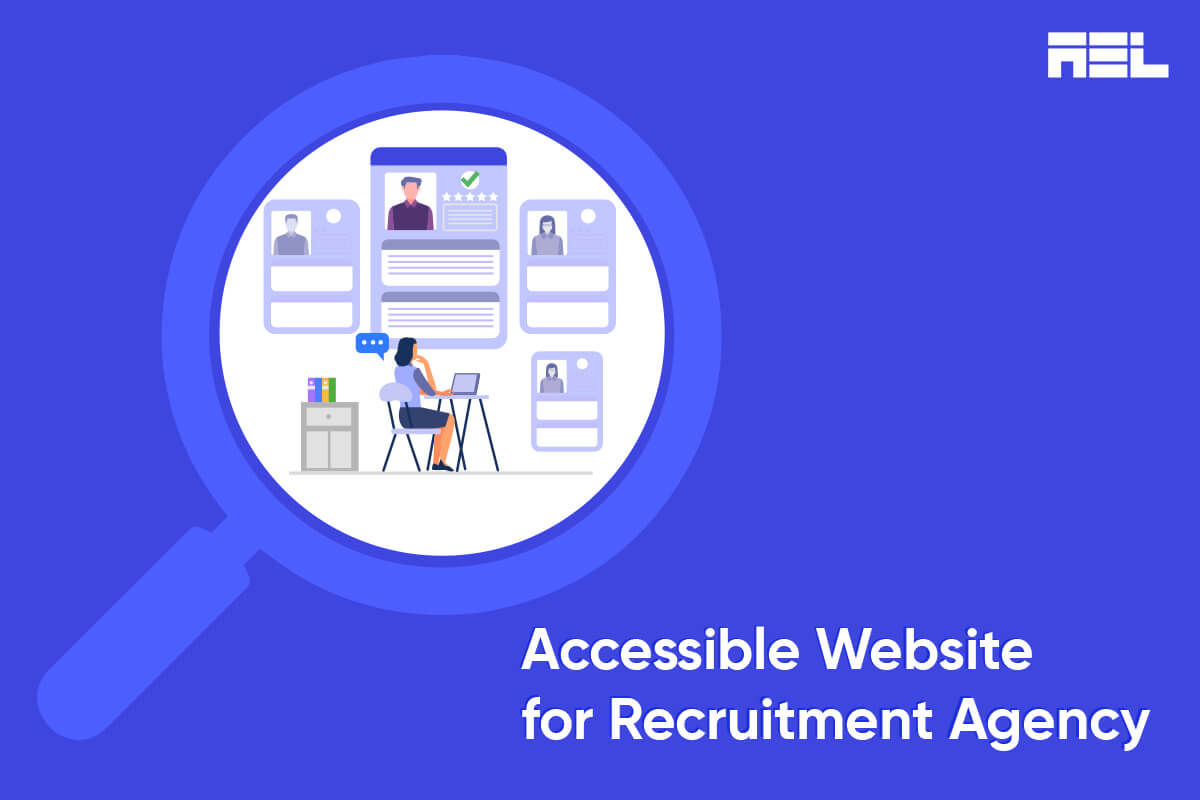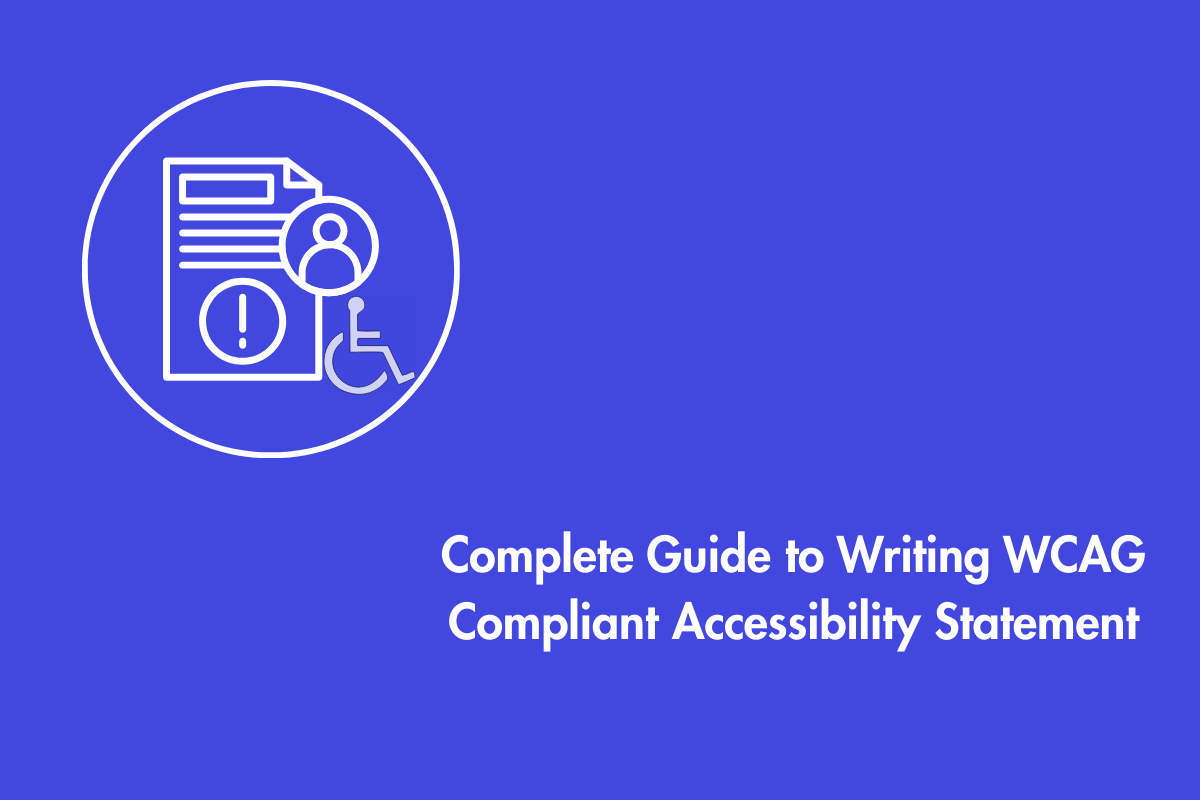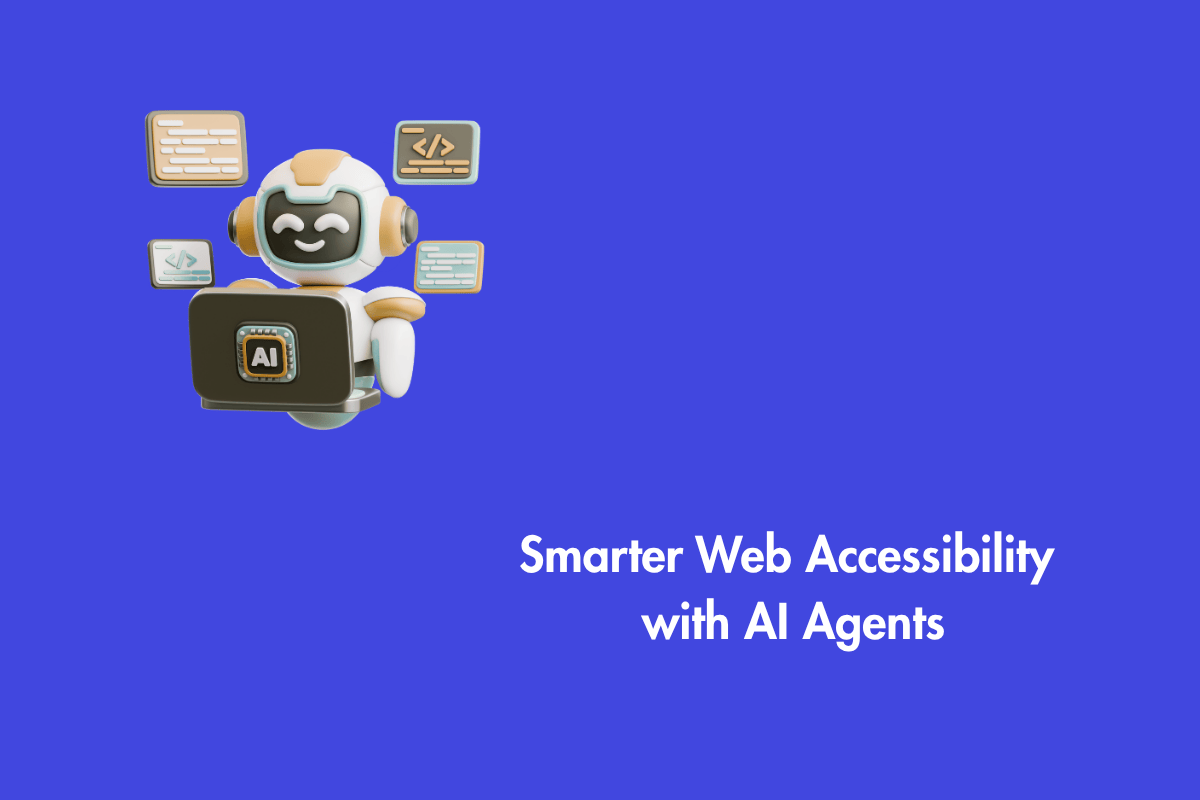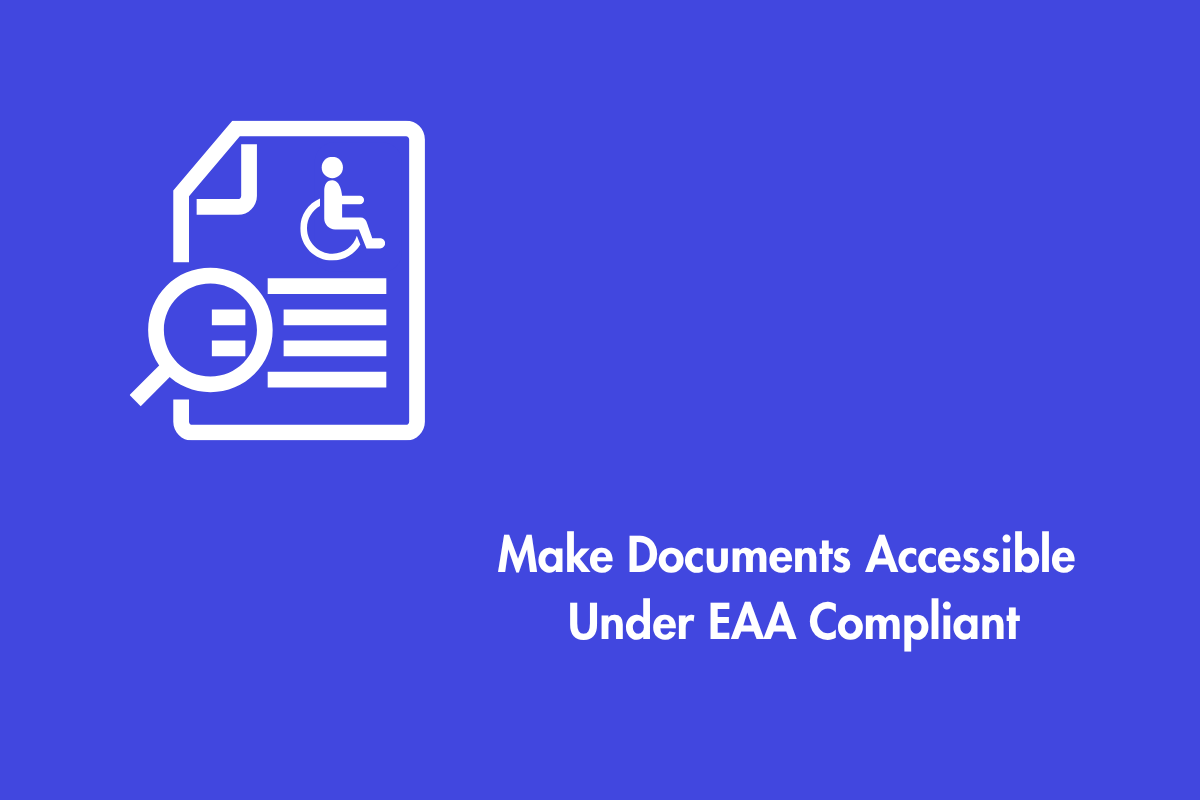Recruitment agencies help employers and job seekers find suitable candidates for vacancies by offering screening, interviewing, testing, training, placement, career advice, and coaching. To succeed in the competitive market, agencies must have an accessible website that follows the Web Content Accessibility Guidelines (WCAG). This website can benefit the agency by improving the online experience, reducing client churn, and earning more revenue. This article will explore the best reasons why your agency should have an inclusive website.
Table of Contents
Top 6 Reasons for Accessibility for Career Websites
This website can benefit the agency in various ways, such as:
1. Legal Considerations
Recruitment agencies must have accessible websites to comply with legal and ethical obligations in their industry. The UNCRPD states that people with disabilities have the right to equal employment, and employers must provide reasonable accommodation and non-discrimination in all aspects of employment. Countries like the ADA, Equality Act 2010, and Disability Discrimination Act 1992 require web accessibility for public and private sector websites. Businesses that fail to comply can attract penalties and, as a result, damage their reputation, which may cause them to lose business opportunities.
2. Expanding Job Opportunities
An accessible recruitment agency can expand its client base by targeting over one billion people with disabilities, attracting diverse employers and job seekers who may need or prefer an accessible website for employment information and services.
- Showcase its commitment to diversity and inclusion and appeal to employers who value these principles.
- Increase its brand awareness and reputation among people with disabilities and their networks.
- Access a broader range of talent and skills from people with disabilities who may have unique abilities, experiences, perspectives, and insights.
- Provide better service and support to people with disabilities who may face barriers or challenges in finding suitable jobs or employers.
- Enhance customer loyalty and retention by meeting or exceeding the expectations of people with disabilities.
3. Fostering Trust and Professionalism
An accessible recruitment agency website fosters trust, professionalism, and credibility among clients and candidates. It reflects the quality and credibility of services, values, and staff competence. An accessible website also conveys a positive image to stakeholders, allowing the agency to:
- Establish its authority and reputation as a leader and innovator in the industry.
- Build trust and confidence among its clients and candidates by respecting and caring for their needs and preferences.
- Create a lasting impression by providing a memorable user experience that exceeds their expectations.
- Generate positive word-of-mouth referrals by satisfying its clients and candidates.
4. Enhanced User Experience
An accessible website can improve the usability, functionality, performance, design, content, navigation, interaction, feedback, etc. of a website. An accessible website can also adapt to different devices, browsers, platforms, settings, etc. that users may use or prefer.
By having an accessible website, a recruitment agency can optimize its user experience for everyone.
For example, an accessible website can help a recruitment agency to:
- Increase its website traffic and engagement by making it easy to find, access, use, and share.
- Reduce its bounce rate and increase its conversion rate by making its website appealing, relevant, and informative.
- Enhance customer satisfaction and retention by making websites responsive, reliable, and consistent, catering to diverse user needs.
5. SEO Benefits
An accessible website improves a recruitment agency’s SEO performance by enabling them to:
- Improve its relevance and quality score using clear and descriptive headings, titles, labels, alt texts, etc.
- Increase its crawlability and indexability using semantic and valid HTML code, sitemaps, robots.txt files, etc.
- Reduce its loading time and improve its speed by optimizing its images, videos, scripts, stylesheets, etc.
- Increase its link popularity and authority by using meaningful and descriptive links, anchor texts, URLs, etc.
- Align with the latest SEO trends and algorithms that favor accessibility and user experience.
6. Gaining Competitive Advantage
By having an accessible website, a recruitment agency can gain a competitive advantage in many aspects. For example, an accessible website can help a recruitment agency to:
- Increase its market share and revenue by tapping into new and emerging markets of people with disabilities.
- Reduce its costs and risks by avoiding legal actions and penalties for non-compliance with web accessibility laws and regulations.
- Improve its productivity and efficiency by streamlining its processes and systems for web accessibility.
- Enhance innovation and creativity by adopting web accessibility technologies and promoting disability inclusion and empowerment.
Conclusion
In conclusion, web accessibility is a legal obligation and a business opportunity for a recruitment agency. By having an accessible website, a recruitment agency can benefit from legal compliance, expanded job opportunities, trust and professionalism, an enhanced user experience, SEO benefits, and a competitive advantage. An accessible website can help a recruitment agency find the best candidates for the best employers and provide the best service to both parties. An accessible website can help a recruitment agency fulfill its vision of creating a more diverse and inclusive workforce and society.
Whether you’re a small or large organization, AEL Data can help support your accessibility team. Get in touch with our digital accessibility expert today.



